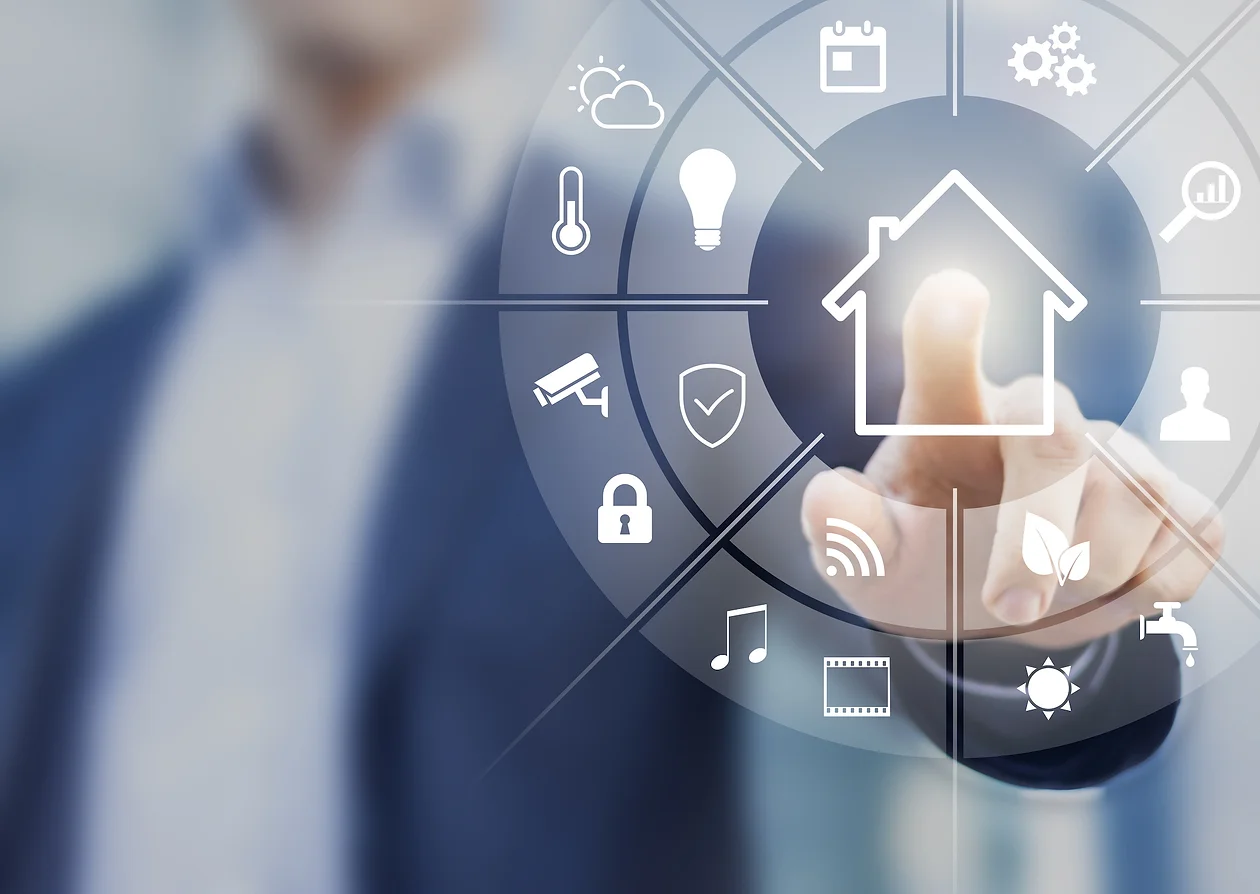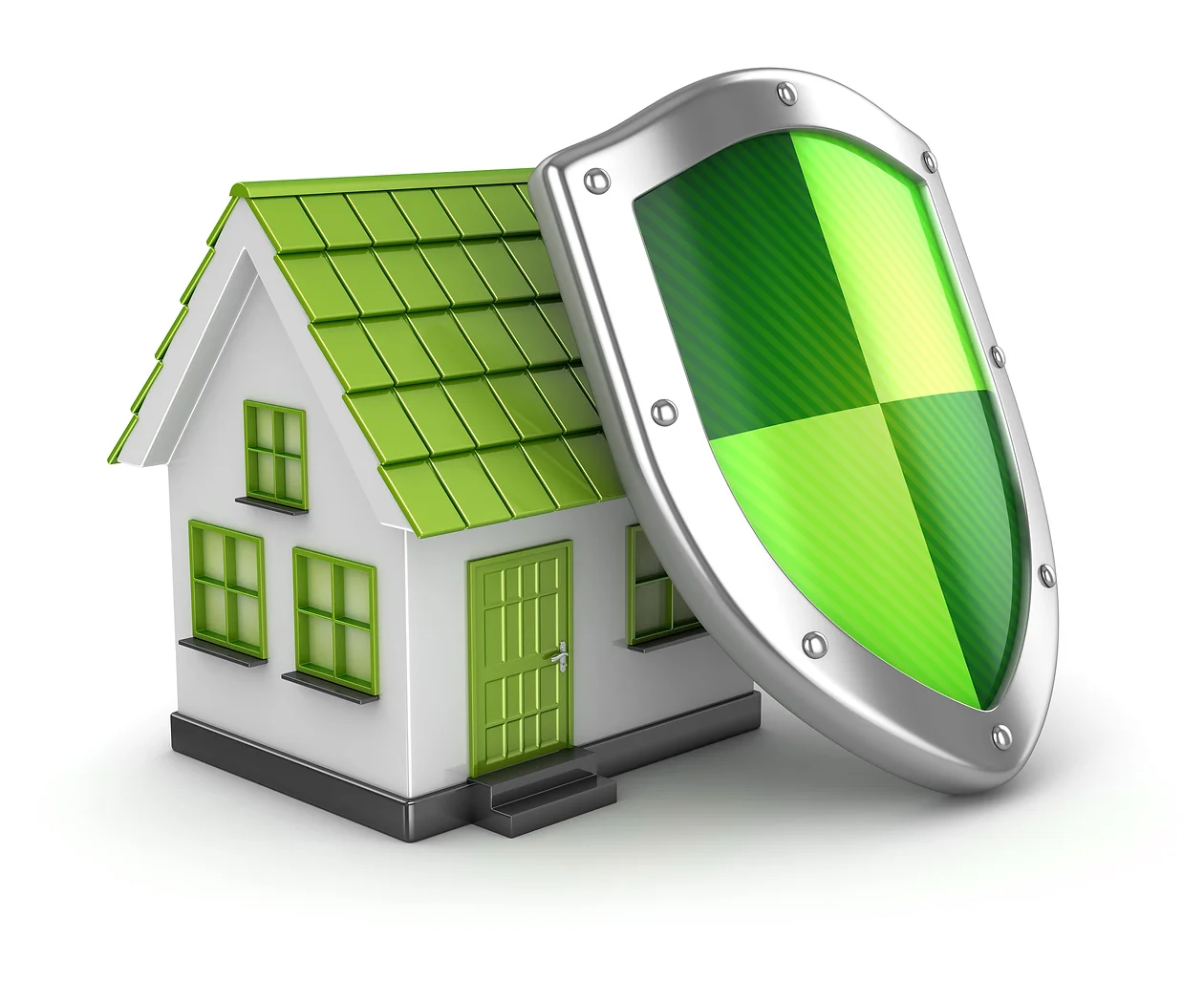5 Pro Tips for Choosing the Right Security System
So you’ve moved into a new home or just got the keys to your new business location? Depending on the area you live or the type of property you have, one of the most common items on any new property “to-do list” is install a security system.
There are many obvious advantages to a good security system. The basic features, such as alarms and motion sensors, do a great job of alerting you or your neighbours that there was an unauthorized attempt to enter your property. This, coupled with 24/7 monitoring, ensures that your property is guarded around the clock and the authorities will be automatically notified if they don’t receive the “false alarm” from you.
People also enhance their security system with cameras, virtual fences, intercoms, and a variety of other components to ensure their property and family is 100% secure.
Aside from security, there are other advantages to a reputable security system. Perks like lower insurance rates and integration into other intelligent-home features within the building can help you be more proactive in preventing loss from burglary or vandalism.
With the hundreds of security systems, companies and features available on the market, how do you decide what’s best for you? We’ve put together a short guide on some things to consider before you invest in your new system.
1. Cellular or Wired?

With the rapid movement towards wireless systems, many people will often opt for a wire-free approach when connecting their security system together. Most often, wi-fi is the most common way to link your systems to the internet.
The main advantages of this are simplicity and cost. You are already paying for your home internet connection, so adding additional items to it has very little impact (if at all) on your monthly bill.
Most internet connections today are also high-speed, meaning there is very little latency between the communication of each device.
The one drawback to a wi-fi based system is that your internet connection is dependent on two things: the high-speed connection coming to your house and the power grid that supplies your power. Unless you have a generator to keep everything running during a power outage, this usually means your internet modem will be down as well – affecting the power to all of your security devices.
Bad weather or fallen trees can also impact the lines to the building, so if your security and alarm system is dependent on power and the internet, you’re in trouble.
A remedy to this is choosing systems with built-in emergency batteries and dedicated cellular connections. Both of these systems turn your security devices into mini smartphone-like devices, allowing them to operate on portable power and connectivity for some time until your main power connection is restored.
A cellular connection is usually a marginal increase in your monthly monitoring expense, but worth it if you rely on your security system to protect you in all circumstances.
2. Integration into the Rest of the House

Another popular trend is the introduction of the “smart home” – or intelligent home, as we call it. The intelligent home uses a variety of devices to automate various aspects of your home or business and simplify your overall experience.
Some of these features include automated lighting and climate control, remote-controlled door locks, and interactive notifications sent to various mobile devices.
When selecting a security system, you may want to consider how your system integrates with other features of your home. When used together, all of these systems can be a powerful force in protecting your home from damage or intrusion.
Imagine a scenario where you have an automated HVAC system installed alongside your security system, which features moisture and smoke/CO detectors throughout your property.
In the event of a fire, the smoke detection system triggers an alert which sends a notification to your phone and notifies the authorities. In the meantime, it turns off the HVAC system to prevent smoke from being distributed throughout the building.
If you had additional features such as automated lighting and door locks, the system can also trigger the lights to display a “path” to the nearest exit and unlock the doors to allow for easy escape.
Home automation systems work much better when they can “talk” to each other and work to not only add convenience to your daily routine but also protect you and your family in the event of an emergency.
3. Prompt (but not Overwhelming) Mobile Alerts

With the emergence of smartphones and widespread connectivity, the ability to monitor your home/business remotely is now easier than ever.
Being able to see and control your various systems is a gamechanger for home security and gives you an added advantage combined with conventional alarm monitoring services. You can proactively contact any family or occupants of the building to inform them of any emergencies before emergency services arrive. You can also detect false alarms and avoid fees or penalties for unnecessarily involving a third party.
With services like Alarm.com, you can receive customizable mobile alerts when certain systems are triggered.
Imagine a motion sensor in your backyard is triggered. An alert is sent to your phone and you open your Control4 app and take a look at your backyard camera. You notice a squirrel or deer has entered your yard and innocently tripped your motion sensor. You can relax and continue on with your day knowing your home is safe.
Another example may be your kids coming home from school. Your security camera notifies you that something has been spotted on your front porch. You remotely access your camera and intercom, greet your kids, and remotely unlock your front door to let them in.
Despite getting dozens of notifications on your mobile device every day, being able to customize and control the number of alerts you get from your security system allows you to rest assured that you’re only notified when you need to be.
4. Monitoring & Response Times

Even though new technology has allowed for an easier self-monitoring experience, third-party monitoring services can still be essential and valuable in many situations.
Security systems that are installed and monitored by professional teams ensure that you are looked after 24/7/365 and emergency services are notified as fast as possible in the event of a bad situation.
Imagine your phone is on silent or you’re in an area with no cell reception. Any alerts from your system may go unnoticed, leaving your home or business vulnerable to a potential invader or emergency. By having a third-party service monitoring your system, you can relax and rest assured that you’re in good hands.
With an average response time of less than eight (8) seconds and competitive monthly monitoring fees, it’s very difficult to beat the security, convenience, and value of a third-party alarm monitoring service.
There are a variety of companies and services to choose from, so make sure to weigh up their value vs. reputation when considering which company to sign up with. Companies that have a good reputation and experience in the local community can sometimes be advantageous over national chains.
See: OneTouch House Alarm Monitoring Services
5. Maintenance and Durability

Arguably the most important aspect of any security system is the durability of its components and the frequency in which they need to be maintained.
There are dozens of products available at consumer electronics stores that suit a variety of applications. However, the biggest drawback to these products is that they are very often “cookie-cutter” products that are used in different situations despite every customer’s requirements being unique.
Systems like Nest offer great flexibility and reliability for a reasonable price. For someone looking to add some DIY security features to their home or business, these products fit the bill quite well.
For customers who are looking for robust systems that communicate together and can be relied on 365 days out of the year, a professionally installed system is the only solution.
Professional-grade systems very often require installation by trained technicians who can tailor the solution to your specific requirements. They understand the products inside and out and will ensure they are installed to maximize effectiveness and reliability. Building a relationship with a professional installer also ensures that you are proactively notified when systems require maintenance to avoid failure in critical circumstances.
If a security system doesn’t work properly when you need it the most, is it really a “security” system?
In conclusion, security and alarm solutions are available with a variety of products and features and can be custom tailored to meet your specific needs. The most robust and effective systems used technology and services that not only ensures their reliability but also simplifies your experience so you feel confident that your property is being looked after properly.
To learn more about OneTouch House’s Alarm Monitoring services, visit this page.
